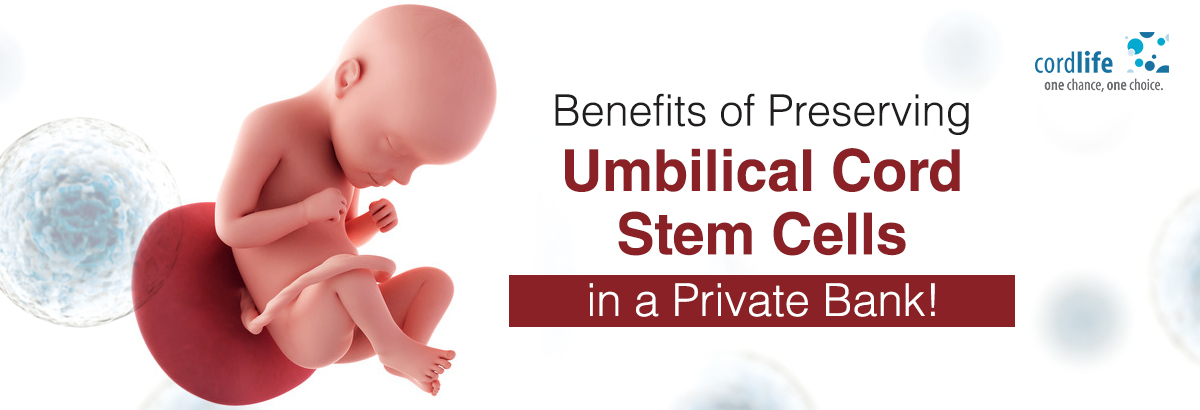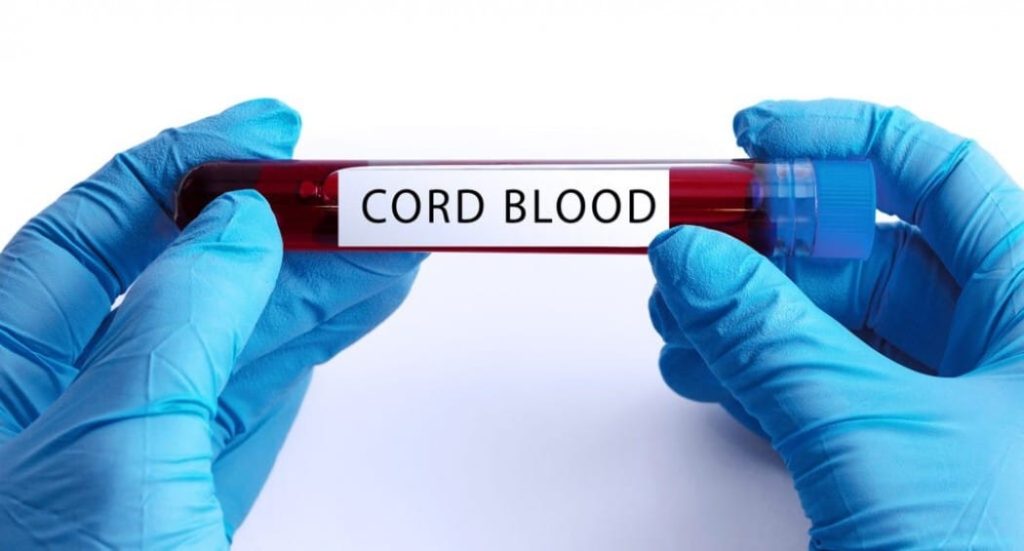Table of Contents
- Knowing the Science Behind Cord Blood
- Why Consider Private Cord Blood Banking?
- Benefits of Private Cord Blood Banking
- Benefits of Preserving Stem Cells
- Storage of Cord Blood in a Private Bank
- Public vs. Private Cord Blood Bank
- Use of Cord Blood in the Future
- Does Stem Cell Banking Make Sense?
- Long-Term Advantages of Banking Stem Cells
- Bottom Line
The umbilical cord is often discarded as medical waste after a baby is born. However, there is a potent source of stem cells in that cord that could improve the child’s and even their family members’ health outcomes. Parents can preserve these cells for future treatments through umbilical cord stem cell banking. Choosing a private bank is essential for special benefits. Let us explore the causes of popular trends and the benefits they offer to families.
Knowing the Science Behind Cord Blood
Cord blood is rich in haematopoietic stem cells, which play a crucial role in the immune and blood systems. These cells can regenerate and repair, making them vital for treating various conditions such as leukaemia, lymphoma, immunological deficiencies, and specific metabolic disorders. Ongoing research is exploring the potential benefits of cord blood for conditions like cerebral palsy, type 1 diabetes, and autism spectrum disorders.
Why Consider Private Cord Blood Banking?
Parents often wonder why they should go for private cord blood banks over public registers. One reason is, of course, certainty and exclusivity. By preserving your baby’s cord blood in a private facility, you can ensure access to the ideal sibling match in the future. On the other hand, using public banks may require you to negotiate their limited availability or struggle to find the right donor match.
Benefits of Private Cord Blood Banking
Families that opt for private storage gain access to a special safety net. The following are some benefits of stem cell preservation in a private bank:
Instant Access: Families do not have to wait for a donor to obtain the preserved cells in an emergency.
Personalised Care: The cells are a complete genetic match for the child, and they may also be a partial match for parents and siblings.
Increased Therapeutic Options: As regenerative medicine advances, these cells might eventually be employed in experimental treatments.
Benefits of Preserving Stem Cells
Is stem cell banking worth it? The answer is a big yes. The long-term potential of stem cell preservation is one of its biggest benefits. The stem cells are extracted during birth in a risk-free, painless procedure. They can survive for decades after being cryopreserved. Families can rest easy knowing they have a lifetime medical resource thanks to this.
Furthermore, research on stem cells is advancing quickly. Clinical trials are investigating the potential of these cells to treat diseases like Alzheimer’s, heart disease, and spinal cord injuries. Families find themselves in a position to benefit from future medical advancements by protecting them now.
Storage of Cord Blood in a Private Bank
By selecting private bank services for cord blood storage, you are prioritising your family’s health and safety. Private banks use cutting-edge cryogenic facilities to preserve the cells for decades while ensuring strict compliance with safety rules. Additionally, these banks grant specific access rights, ensuring that only your family will have access to the stem cells.
Public vs. Private Cord Blood Bank
New parents often argue over private and public options for cord blood banking. While public banking helps the community by providing stem cells to those in need, there is no assurance that your child’s cells will eventually be available. On the other hand, cord blood storage in a private bank preserves those cells exclusively for your family. Private storage ensures individual control, which many parents consider an investment in health security, even though public donation is commendable.
Use of Cord Blood in the Future
Cord blood will have many more uses in the future than it does now. Preserving stem cells now could be crucial in developing innovative regenerative treatments in the upcoming decades. Researchers are looking into precise treatments for genetic disorders, organ repair, and tissue regeneration. Therefore, for families, banking cord blood is about unlocking potential therapies that have not yet made it into mainstream medicine, not just about current treatments.
Does Stem Cell Banking Make Sense?
The question of whether stem cell banking is worthwhile still haunts many families. Priorities determine the response. Although not all families will require their stored cord blood in the future, those that do frequently find it to be extremely helpful. Think of it as a health insurance policy, something you are thankful to have in case of an emergency but hope to never use. Private banking often proves to be a wise decision when weighed against the expense of possible treatments, long waiting times for donor matches, or the possibility of incompatibility.
Long-Term Advantages of Banking Stem Cells
The long-term benefits of stem cell banking are indisputable. These consist of:
Protection from uncommon illnesses: Families receive a customised resource for illnesses where stem cell transplants can save lives.
Family-wide applicability: Parents or siblings may also use the stored cells in addition to the child.
Peace of mind: The knowledge that, in the event of medical difficulties, a workable treatment option is accessible.
Future innovations: Families with stored cord blood will be among the first to benefit from newly approved therapies.
Bottom Line
More than just a medical choice, preserving umbilical cord blood through a private bank is an active investment in the long-term health of your family. The decision to bank stem cells is gaining traction due to the increasing amount of evidence demonstrating the benefits of cord blood in treating illnesses as well as the fascinating research being done in regenerative medicine. The long-term potential for life-saving and life-enhancing treatments makes private storage a worthwhile option.
Umbilical cord stem cell banking is a gift of foresight for parents weighing their options. It protects a rare biological resource that could be very valuable in the future. The advantages of keeping stem cells in a private bank are obvious, regardless of whether the objective is to embrace medical advancements in the future or to guard against life-threatening diseases and secure your baby’s future health today.



